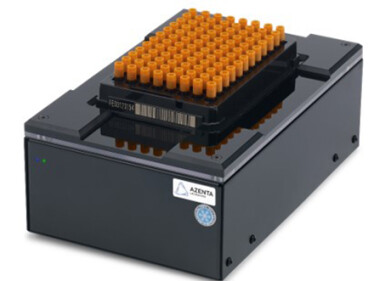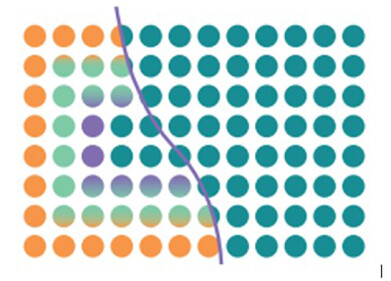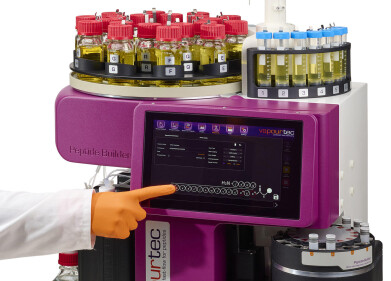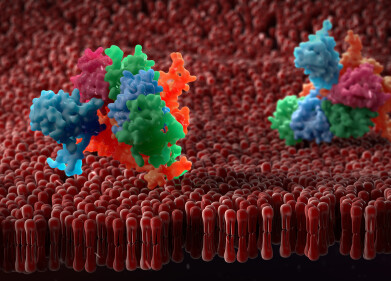Sample Preparation
Sample Handling vs Preparation - What is the Difference?
Jun 16 2021
Sample handling and preparation may sound similar, but every seasoned scientist should know the difference between the two. While both share the same goals of improving accuracy and safeguarding the integrity of the sample, handling and preparation are two very different stages. Read on to find out more about the definition of each.
Defining sample handling
From high school science classes to state-of-the-art research centres, all laboratories should understand the importance of good sample handling techniques. The term describes the ways in which the sample is transported and handled, both on the way to the laboratory as well as during the processing stages.
Cooling is a commonly used sample handling technique, with low temperatures often used to preserve the characteristics of a sample after collection. Adhering to recommended holding times is also an important part of best-practice sample handling. For example, some metallic samples can be stored for several months, while microbial samples such as COVID-19 swabs are only reliable for a maximum of 72 hours, according to the CDC.
Sample handling calls for a clear chain of custody that tracks the progress of a sample, from initial collection to arrival at the lab. Labelling is also crucial, with British-based companies like Ziath specialising in advanced 2D barcode readers used to scan sample test tubes. Particularly useful in biobanks, 2D barcoding allows researchers to label, track and identify every individual sample tube, even when stored at cryogenic temperatures.
Defining sample preparation
While sample handling describes the processes of collection and transport, sample preparation focusses on the techniques used to improve analytical results. Before undergoing analysis, researchers may use techniques such as Solid-Phase Extraction and Gravimetric Sample Preparation to “clean up” a sample and improve analytical processes. While changes are made, sample preparation techniques should never interfere with the physical and chemical properties of a sample.
From forestry and agriculture to forensics and epidemiology, sample handling and preparation are used across the life sciences realm. While each stage calls for different methods and techniques, both play an important role in producing reliable and accurate results.
The consequences of poor sample handling and preparation can be severe. Find out more about how next-generation instruments like the XPR Automatic Balance from Mettler-Toledo are helping laboratories improve analytical performance in ‘How gravimetric sample preparation is helping pharmaceutical manufacturers meet the demands of consumers, regulators, and the market.’
Digital Edition
Lab Asia 31.6 Dec 2024
December 2024
Chromatography Articles - Sustainable chromatography: Embracing software for greener methods Mass Spectrometry & Spectroscopy Articles - Solving industry challenges for phosphorus containi...
View all digital editions
Events
Jan 22 2025 Tokyo, Japan
Jan 22 2025 Birmingham, UK
Jan 25 2025 San Diego, CA, USA
Jan 27 2025 Dubai, UAE
Jan 29 2025 Tokyo, Japan



















